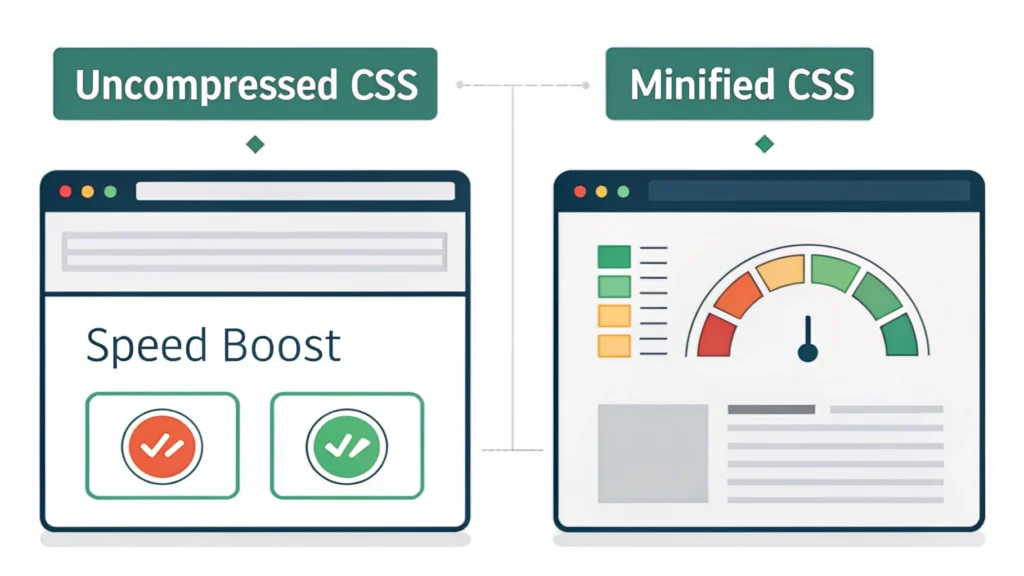Introduction
In the ever-evolving landscape of SEO, integrating Artificial Intelligence (AI) into your content optimization strategy is becoming essential. AI tools can help you analyze user intent, recommend keywords, and even generate content that resonates with your audience. In this post, we’ll explore how to effectively utilize AI for SEO and optimize your content.
Why Use AI in SEO?
AI enhances SEO in various ways. Here are a few reasons to consider:
- Data Analysis: AI can analyze vast amounts of data faster than any human, providing insights that help refine your SEO strategy.
- User Intent: AI tools can help identify what users are searching for and tailor content to meet those needs.
- Content Generation: Some AI tools can generate content, saving you time while ensuring it’s SEO-friendly.
Step-by-Step Guide to Optimize Content with AI Tools
Step 1: Conduct Keyword Research
Start your optimization journey by conducting thorough keyword research. AI tools can help you discover relevant keywords and phrases to target. One tool that can assist in this process is the Meta Tag Generator, which can help you create keyword-rich meta tags.
Step 2: Analyze Competitors
Understanding what your competitors are doing is vital. Use AI-driven tools to analyze their content strategies. Look for:
- Keywords they are ranking for
- Content length and quality
- Engagement metrics
Step 3: Create Quality Content
Once you have your keywords, it’s time to create content. AI tools can assist in generating topics and even writing content. For example, you can use AI-based writing assistants to draft compelling articles. Remember to optimize for readability and engagement.
const aiContent = generateContent({
keywords: ['AI in SEO', 'content optimization'],
length: '1200-1500 words'
});
Step 4: Optimize On-Page Elements
Ensure that your on-page SEO elements are optimized. This includes:
- Title Tags: Incorporate primary keywords.
- Meta Descriptions: Make them compelling with a call to action.
- Headings: Use clear
<h2>and<h3>tags to structure your content.
Tools like the HTML Minifier can help optimize your HTML code, reducing load times and improving SEO.
Step 5: Measure and Optimize
After publishing your content, it’s crucial to monitor its performance. Use analytics tools to track metrics such as:
- Organic traffic
- Bounce rates
- Conversion rates
Based on this data, make necessary adjustments to improve SEO performance. The Word Counter can help you ensure that your content meets the recommended word count for better SEO.
FAQs
What are some top AI tools for SEO?
Some popular AI tools for SEO include SEMrush, Ahrefs, and Moz. These tools help you with keyword analysis, competitor research, and content optimization.
Can AI generate SEO-friendly content?
Yes, AI can generate content that is both engaging and optimized for SEO. However, it’s essential to review and edit the content to maintain quality and relevance.
How can I ensure my website is SEO-friendly?
Follow SEO best practices like optimizing meta tags, using alt text for images, and ensuring your site is mobile-friendly. Tools like the CSS Minifier can help streamline your code for better performance.
Conclusion
Incorporating AI tools into your SEO strategy can significantly enhance your content optimization efforts. From keyword research to performance measurement, AI can streamline your processes and improve your search rankings. Embrace these tools and watch your SEO game improve!
